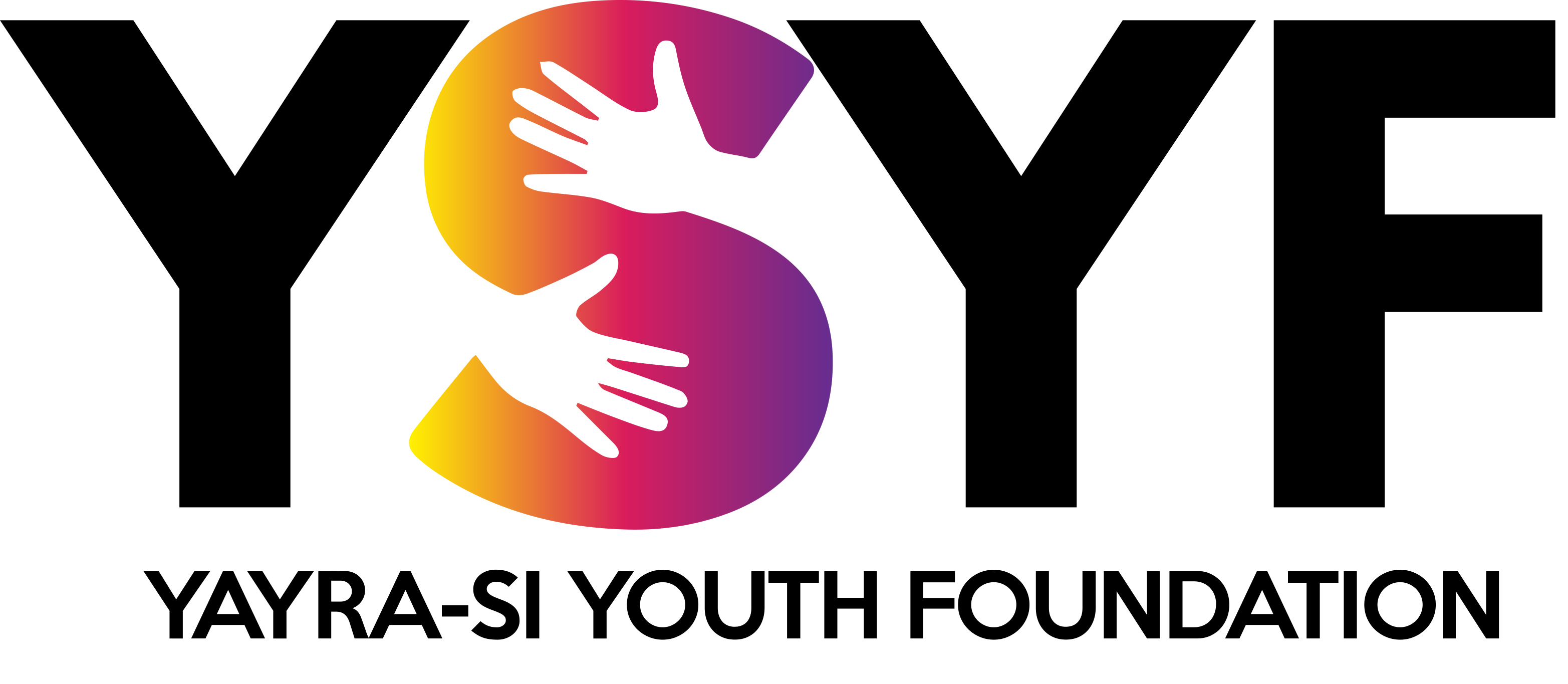Our Projects
We deliver programming on training, education and health promotion while creating opportunities for innovation, leadership and capacity building of both Ghanaian and Canadian collaborators.
The Banana Fiber Bag Project in Doryumu, Ghana, is a unique solution that will address the impacts of waste production, stimulate equitable job growth, and is a considerable leap forward in effective and responsible consumption.
This project aims to use the stems and leaves of the plentiful banana and plantain plants native to Ghana to create 100% biodegradable bags as a sustainable solution to plastic production. In addition, this project will create opportunities for:
1. Employment and development of professional skills for women and girls
2. Implementing a green and innovative business in Ghana to support sustainable global membership and development
3. Providing 50% of all banana and plantain produce as food donation to communities facing food insecurity
The importance of this project is manifold, particularly for women and girls. Doryumu is currently experiencing a high adolescent pregnancy rate. Young girls face disproportionately fewer financial opportunities due to the rural location in Doryumu, inaccessibility of vocational training, and their gender. Therefore, women will be included in the entire process, gaining high management, production, and process engineering skills. Waste management has been an ongoing problem due to a two-fold problem of importing waste and the access and means for proper waste disposal. Millions of tonnes of plastic are imported into Ghana annually. However, throughout the country, improper waste disposal has led to fatal flooding.
This project has already garnered the interest from the Deputy Minister of Youth and Sports in Ghana and is set to fulfill an order for the Divine Lilies Hospital. The Adam’s Sustainability Award and the World’s Challenge Challenge fund this project on behalf of the University of Toronto and Western University, respectively. We aspire to tackle the Sustainable Development Goals 5 (Gender Equality), 6 (Climate Change), 8 (Decent Work and Economic Growth) and 10 (Reduced Inequalities).
Adam’s Sustainability Prize by the University of Toronto – $1000
World’s Challenge Challenge (WCC) by Western University
McMaster 1st Place – $1500
Western International 2nd Place – $15,000
The Doryumu Clinic Expansion Project is an initiative that will be led by YSYF in partnership with the Ghana Health Service and local leadership of Doryumu, a remote community in Southern Ghana, in order to improve care during COVID-19 and access to services covered under Ghana’s National Health Insurance. It is funded by the University of Toronto 2021 COVID-19 Student Engagement Award.
The remote community of Doryumu in Southern Ghana only has a single clinic. Community members have voiced the need for its accreditation to allow residents to access National Health Insurance, which would reduce medical costs. However, the last step in gaining accreditation is expanding the waiting area to allow for compliance of COVID-19 protocols.
In partnership with the Ghana National Health Service and local leadership, YSYF will construct a 20×10 ft outdoor waiting area that can hold additional patients while allowing for social distancing. This will reduce the spread of COVID-19, exposure to heat/rain, and improve privacy when obtaining personal health information. The final deliverables will consist of a short video and presentation that highlight the accomplishments of the project. These project activities will take place from July 2021 to September 2021.
The Doryumu Clinic Expansion Project directly addresses gender and geographic inequalities, which fall under SDG 3 (good health and well-being) and SDG 10 (reduced inequalities), as the clinic is used primarily by women and children in rural Doryumu. The rural community of Doryumu faces challenges in access to health and social services, employment, and food. Women and girls are disproportionately impacted, and are less likely to afford care at Dodowa District Hospital than their male counterparts. There is also a 60% rate of adolescent pregnancy in the community, which disproportionately affects girls as they often raise these children on their own. Therefore, they rely primarily on the local clinic for their health needs, including maternity needs.
The global plan for post-COVID recovery necessitates interdisciplinary collaboration, the strengthening of local health systems, and the centering of equity in community rebuilding efforts. YSYF’s project operates under this very framework.
University of Toronto 2021 COVID-19 Student Engagement Award – $3,000
The Shai-Osudoku Teenage Pregnancy Initiative (SOTPI) is a global health initiative that will be led by YSYF in partnership with the University of Toronto International Health Program (UTIHP). It is funded by the Community Engagement Project (CEP).
Its overarching goal will be to address and prevent adolescent pregnancy in the Shai-Osudoku District of Ghana, a remote and underserved community, through three specific objectives:
1. Providing education on family planning and reproductive agency/autonomy,
2. Reducing stigma surrounding teenage pregnancy, and
3. Providing support to women who have experienced teenage pregnancy by offering health education and facilitating connection with community resources.
We will achieve these objectives over a five-month time period (January to May 2021) by a) delivering a 4-month education program on family planning, consent, sociocultural enablers/stigma reduction, and maternal health via local to 1,000+ listeners, b) developing and disseminating a video on consent for sexual activity in two local languages (Twi and Ewe) to 7,000+ Ghanaians, c) holding a one-day community seminar that will bring together women community leaders, police officers, and NGOs to advocate on teenage pregnancy, and d) launching a hotline which survivors of teenage pregnancy can call for advice and connection with community resources.
This is an interdisciplinary collaboration that will involve students in medicine, global health and health studies at the University of Toronto, who will assist in developing educational content for the radio program and social media, as well as develop multimedia for the consent video. The work will be guided and reviewed by locals in Ghana, including health care professionals, community leaders, and NGOs to ensure cultural safety and applicability to the Ghanaian context. Students will benefit from the opportunity to apply their knowledge from the classroom to address real-world problems, while locals from mutual exchange, and opportunities to deliver on-the-ground programming.
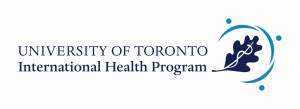
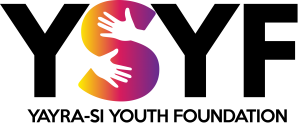
We believe that the best way to liberate women from situations of poverty, maltreatment and abuse is to empower them with the technical, interpersonal and leadership skills and materials to start their own businesses.
Vocational training in high demand trade areas is key to allowing women to enter markets where they can thrive independently.
Since November 2019, we have been sponsoring women into these programs. We sponsored seven (7) women into vocational training programs at Merpearl Royal Vocational Training Centre in Tema, and two (2) women into a vocational training program in Accra in the same field.
One graduate shares how this experience has transformed her life below:
We are currently sponsoring women into training programs at Don Bosco training centre, where they will learn how to install solar panels. The cost of transportation and accommodation for one woman over the 3-month duration of the program is $150. The program will run from April-July 2021.
Donate here:
YSYF’s Retelling Health campaign, funded by a COVID-19 Student Engagement Award from the University of Toronto’s Office of the Vice-President International supported COVID-19 relief efforts in Shai-Osudoku, Ghana.
From June to September 2020, we initiated a response to the COVID–19 pandemic in Ghana rooted in reducing health disparities, empowering women, and cultivating global empathy. This project involved approximately 3,840 beneficiaries, 2,300 of whom are actively using our hand-washing facilities (Veronica Buckets), 1,000 who received free COVID–19 education, 500 who were given non-medical masks, and 40 who were trained in liquid soap production.
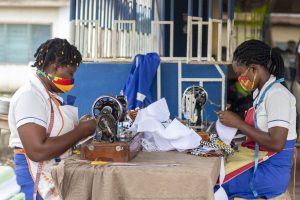
Production and Distribution of WHO-Standard Non-Medical Masks
We partnered with two small businesses in the community, Malids Fashion Centre and Merpearl Royal Vocational Training Centre to manufacture 500 WHO standard, non-medical masks. This partnership helped to stimulate these businesses, which were experiencing financial challenges as a result of the pandemic.
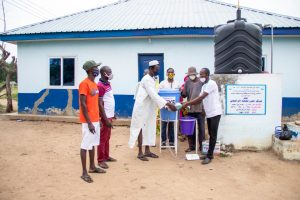
Installation of Hand-Washing Stations
We installed eight (8) Veronica Buckets with foot pedals in various vantage points in the community including the voter registration area, main road, elementary school, clinics, churches, and mosques. Veronica Buckets are handwashing stations developed in Ghana that provide flowing water where installed. The buckets we installed involved an innovative modification: a foot pedal which allowed the user to wash their hands without touching the tap, reducing contamination. The installation of these stations has collectively reached an estimated 2,300 users.
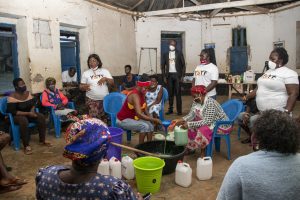
Training in Liquid Soap Making
To accompany installation of the Veronica Buckets, we distributed a three-month supply of antibacterial liquid soap. In addition, we trained 40 women, many of whom were experiencing financial challenges as a result of the pandemic in the production of this soap. In a follow up session one-month later, we provided additional training, and donated liquid soap to women trainees. This is a valuable skill that would allow them to enter a market with low competition and high demand, helping them to earn a living.
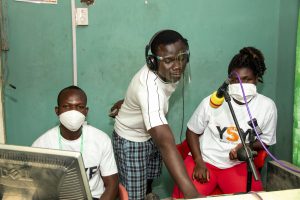
COVID-19 Education
We collaborated with nurses from the Ghana National Health Service to develop and deliver a two-week local radio program on COVID-19 safety in the local languages of Twi and Dangbe. Topics covered included hand-washing using a Veronica Bucket, how to properly wear a mask, hygiene, COVID-19 safety, and dispelling myths about the pandemic. This program reached over 1,000 listeners and was invaluable due to many community members’ lack of access to national radio and poor comprehension of the English language in which other programs are delivered.
The Doryumu Diaries: Story Sharing
We engaged approximately 20 women and 10 men to share their experiences in the pandemic, which we published in a series known as the Doryumu Diaries. We provided an outlet for women to share their stories, and to dispel myths about Africa as a place of suffering.
Documentary
At the end of this project, we published a documentary on this project and its impact on the community. Watch it here.
At the start of the COVID-19 pandemic in April 2020, the ability of many families in Doryumu to put food on the table was severely threatened.
The closure of workplaces, and loss of jobs meant that many could not continue to earn their daily income. This threatened their ability to meet basic needs. Women, particularly those who were breastfeeding and/or widowed, were disproportionately impacted. Many women in Doryumu lack financial independence and rely on the support of male heads of households for income. This left them vulnerable to exploitation and domestic abuse. Additionally, lack of access to nutritional foods placed acute threat on the health of mothers and newborns. Widowed women often lived alone and lacked access to independent sources of income.
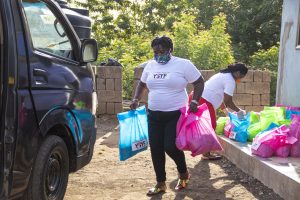
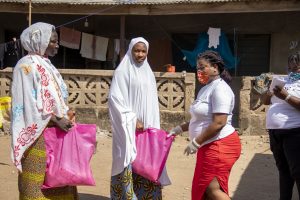
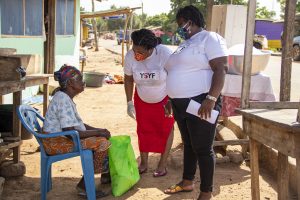
We distributed 900 meals to 90 households in Shai-Osudoku facing food insecurity due to COVID-19 in two rounds of distribution. Recipients included elderly women, breastfeeding mothers, individuals with disabilities, and other families in need of assistance. About 50% of our beneficiaries were observing Ramadan and provided iftaar to break their fast.
For making a significant contribution to the global COVID-19 response, and engaging communities in Canada to lend support during a period of food insecurity, Yayra-Si Youth Foundation was featured on OMNI TV’s Eid special.
An evaluation of the values, demands, aspirations and priorities of the communities we support is the foundation for all of our work.
We have been involved in several needs assessment projects to date. In 2018, we collaborated with Women in Law and Development in Africa Foundation (WiLDAF) to conduct a focus group with women about teenage pregnancy in their community.
In February and August of 2020, we conducted a more detailed needs-based analysis in Doryumu. We listened to the voices of approximately 75 male and female residents, who expressed an interest in vocational training programming in their community. In their opinion, this was integral in combatting teenage pregnancy, poverty and food insecurity.
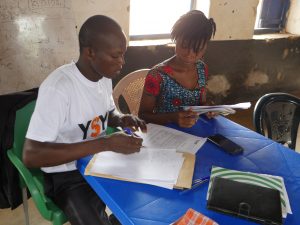
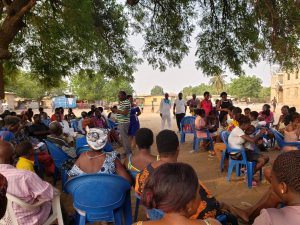
In August 2019, we launched our landmark event in Doryumu: a health outreach seminar where we gathered chiefs, politicians, police officers, NGOs and local health professionals to discuss issues of sexual and reproductive health and hygiene in the community.
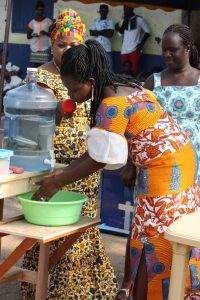 This was the first event of its kind to be organized in the community, and was of paramount importance, given a 60% rate of teenage pregnancy and lack of water and sanitation facilities in the community we serve, which contributed to high levels of diarrhea.
This was the first event of its kind to be organized in the community, and was of paramount importance, given a 60% rate of teenage pregnancy and lack of water and sanitation facilities in the community we serve, which contributed to high levels of diarrhea.
We provided education on consent, family planning and STI prevention to 400 male and female attendees. In addition, we connected residents to the Domestic Violence Victims Support Unit (DOVVSU) and distributed free contraceptives. The focus was to prevent teenage pregnancy by equipping youth with the knowledge and tools to make informed, safe choices.
This event was organized in collaboration with the Society for Women Against AIDS in Africa (SWAA), under funding from Biology Students’ Association at the University of Toronto Scarborough, One Love Media, and Service to Humanity.
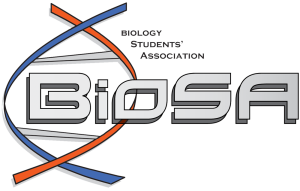
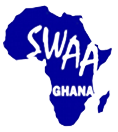
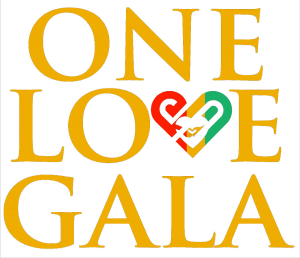
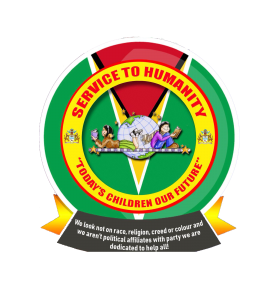

We believe that empowering and mentoring women is crucial to improving their outcomes.
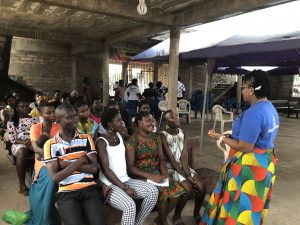
From January to May 2019, we provided weekly vocational training classes to 30 young women, in bead-making and weaving at Methodist Church. Women learned how to make jewelry and weave bracelets, which they could sell to earn a living.
In addition, we invited positive role models to provide empowering lectures to trainees, that promoted staying in school, setting meaningful goals, entrepreneurship, and skill development.
